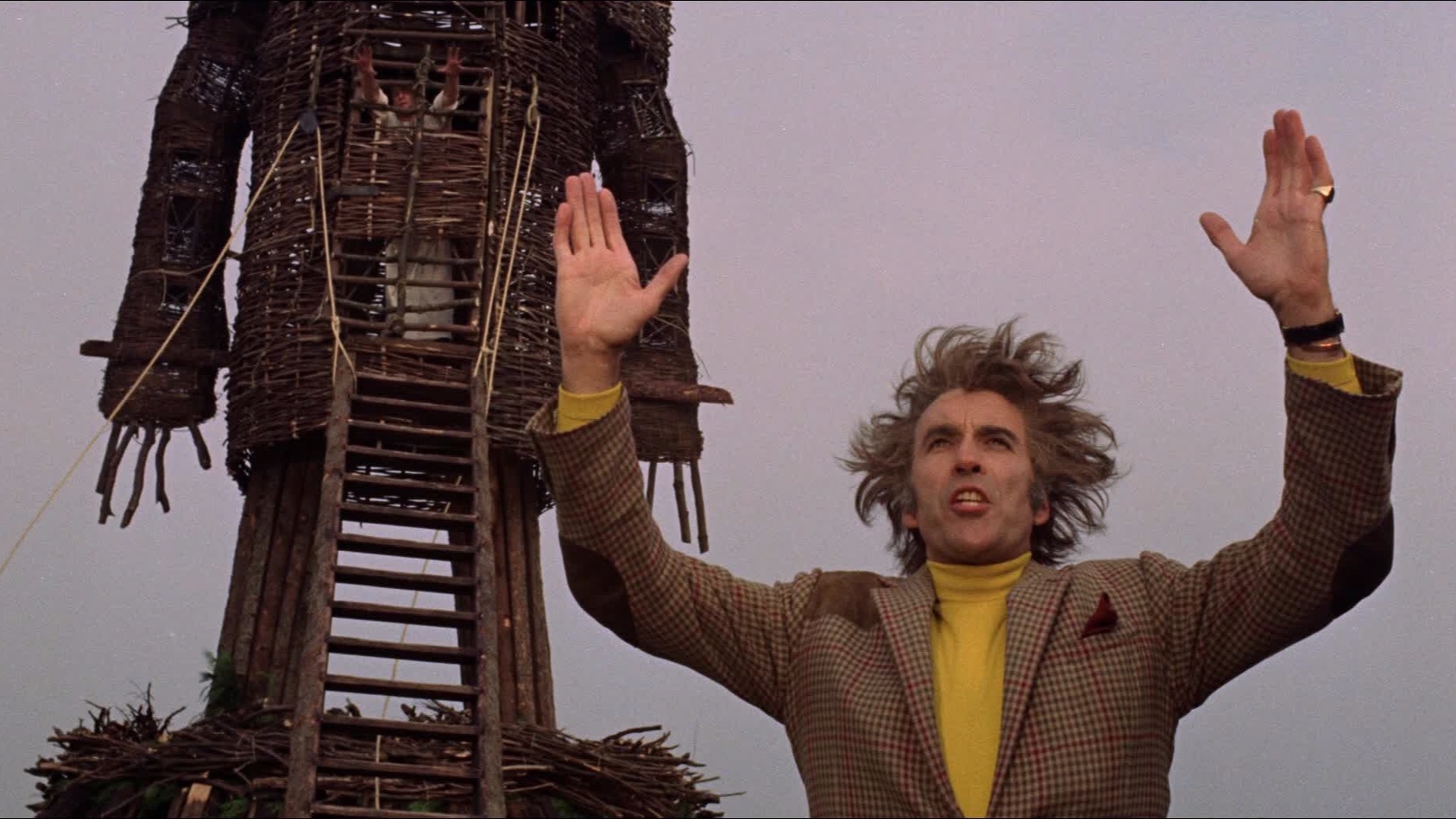On Screen Projection: Unbreakable and Split
With the release of M. Night Shyamalan’s Glass, it got me thinking about the themes of the first two movies in this strange film universe. Just a few years ago, this was not even a thought for most of us. After all, Unbreakable, released in 2000, was not a film that ever felt like it needed a sequel. Then out of nowhere, the ending of Split happened. Depending on who you talk to, Bruce Willis appearing at the very end was met with either cheers or utter confusion. Yet, with that one decision and scene, an extended universe of sorts was born. David Dunn officially had a physical nemesis, instead of just a mental one. Even though it may have felt like an afterthought, Unbreakable and Split do have some thematic similarities.
Both films, despite their wildly different perspectives and visual styles, are both about becoming, about finding your potential. Sure, one is about a man who is not sure he is any kind of hero and the other is about literally unleashing the beast. But this theme still shines through. But what does psychology have to say about potential? Quite a fair amount, actually.
Probably the most important term, popularized by Abraham Maslow, which focuses on potential, is self-actualization. According to Maslow, self-actualization refers to a human’s growth towards our highest needs and achievements, such as finding meaning in life. Maslow also mentioned many characteristics of those who are self-actualized (after meeting their many other needs like food, shelter, safety, intimacy, and self-esteem). These characteristics include good judgment, acceptance, autonomy, loving relationships, and comfort with solitude. This is certainly a lot to ask of a person, but this is as good as it gets. But potential can also be a burden. Who hasn’t heard the phrase, “he/she just has so much potential”? There is an entire industry built around helping children live up to this potential that begins for them even before birth. This is essentially the difference between possibility and expectation. This subtle difference can actually lead to much lower achievement regardless of ability levels.
In Unbreakable (Shyamalan’s best movie, in my opinion), we follow David Dunn, a man who is struggling in a menial job and a troubled marriage. Until he is introduced to Mr. Glass (Samuel L. Jackson), he has little hope or motivation to change. But through this strange friendship, as well as some exploration of his possible powers with his son Joseph (Spencer Treat Clark), we find that Dunn is no ordinary man. But this is not your standard superhero film. The vast majority of the time spent is focused on Dunn’s denial of his abilities. After all, years earlier, he gave up his potential as a football player because of love. So, making this choice to actually live up to his potential was not a simple one. I would argue that if his marriage to Audrey (Robin Wright) had fallen apart, he would never have taken this chance. Dunn needs his family, he needs these relationships in order to demand more of himself. Despite the fact that he does meet this potential, the most important scenes in the film are not focused on Dunn flexing these powers. Instead, it is explaining to his son the realities of life or going on another first date with Audrey. This is what spurs Dunn to do the right thing and become the man he is meant to be.
Split, on the other hand, follows a character who becomes a villain in this world. James McAvoy, plays numerous roles (as his character is diagnosed with Dissociative Identity Disorder), but the main focus is the unearthing of a final personality, The Beast. This group of personalities, now known as The Horde, is certainly struggling to live up to its potential, even if that potential is not positive. I think that it is helpful to view the many personalities as separate characters, and a family of sorts. They each have different thoughts, expectations, and desires. Although no one from the outside (including his/her/their therapist) believes that The Beast is a real individual, the many members of The Horde know better. It can be argued that The Beast is this person’s true potential, or at least the most powerful version of this character. This is supported by the fact that there seems to be less infighting between the personalities at the close of the film, after The Beast has been revealed. Probably the most interesting thing about The Horde’s growth is that much of it comes from trauma. Frankly, regardless of your thoughts on Split, it is full of rich psychological material. By the end, for better or worse, The Horde has reached its potential and seems to be starving for a real fight.
Which brings us to Glass. To say that making this film and living up to expectations will be a challenge is a huge understatement. Shyamalan made Unbreakable before the absolute explosion of the comic book film. As such, it is an understated film. Split, to put it bluntly, is definitely not. Given its main character, it would be almost impossible to match the earlier film’s tone. Glass somehow has to combine these two, as well as find something to say about heroism. As to whether he accomplished it, well, Glass is now in theaters.












